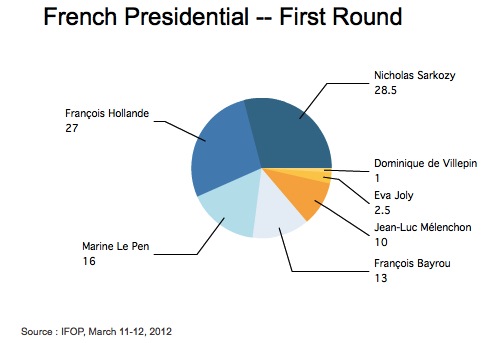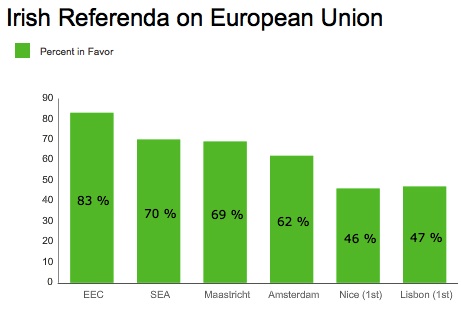The too hot-to-handle race for Hong Kong’s third chief executive is now so electric it’s verboten to report on the race on the Chinese mainland.

In fact, China and Hong Kong may have stumbled into one of the most (accidentally) democratic elections in the Middle Kingdom’s history, as everyone scrambles to determine which candidate is truly favored by Beijing.
The March 25 race is all the more relevant considering that Hong Kong affairs fall within the portfolio of Chinese Vice President Xi Jinping, the presumptive heir to outgoing Chinese President Hu Jintao, who will step down in 2013.
Three candidates are running for the post, which will be vacated by current chief executive Donald Tsang on July 1:
- Henry Tang, a businessman who began the race as the favored Beijing candidate as well as the favorite of local Hong Kong developers;
- Leung Chun-ying, another pro-Beijing candidate who has become the popular favorite, notwithstanding his pro-Beijing sentiment; and
- Albert Ho, an anti-Beijing candidate of the Democracy Party who has no shot of winning;
The election is not an exercise in direct democracy (or even representative democracy), but rather a decision of the Election Committee, an electoral college of 1,200 Hong Kong SAR residents, which will vote on the basis of Hong Kong business interests as well as the interests of the top leadership echelon of the People’s Republic of China.
In other words, the chief executive will have to be acceptable to both the local business elite as well as to the PRC leadership.
And amid tawdry revelations at every turn of the scandal, there are conflicting signs about the PRC brass’s favorite.
Increasingly, though, in a turn worthy of Yes, Minister, it appears that the unofficial pro-Beijing candidate (Leung) could now be, unofficially, Beijing’s official candidate.
Instead of the officially official candidate (Tang).
Continue reading Xi’s just not that into you →
![]() The economists have spoken: Irish voters should vote “yes” on the fiscal compact later this spring or else.
The economists have spoken: Irish voters should vote “yes” on the fiscal compact later this spring or else.

